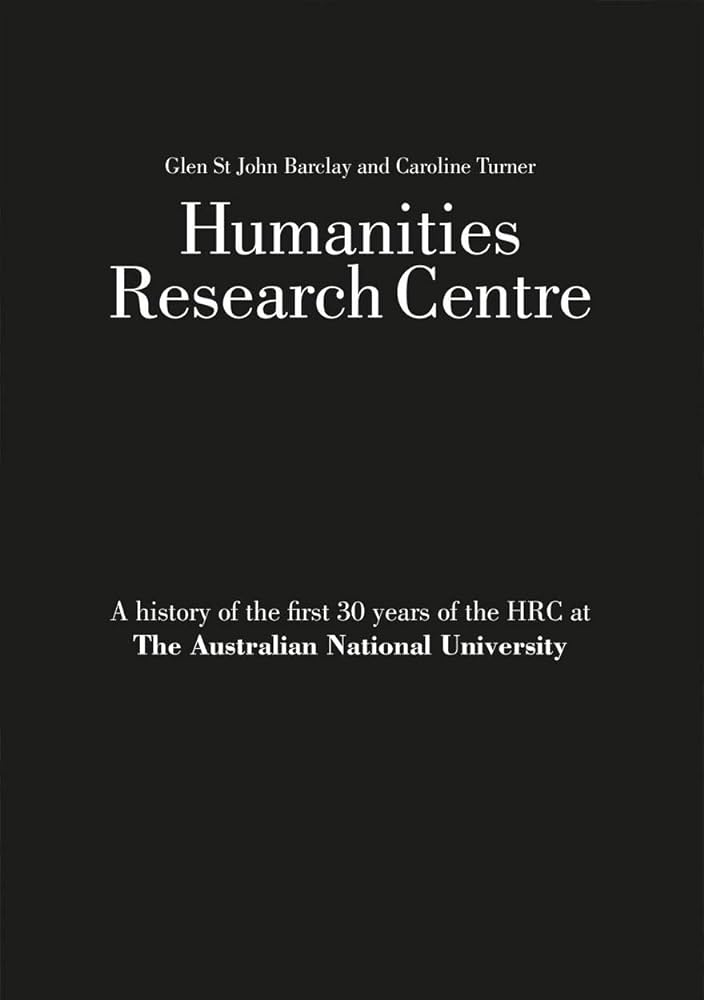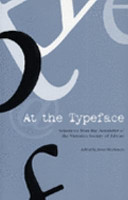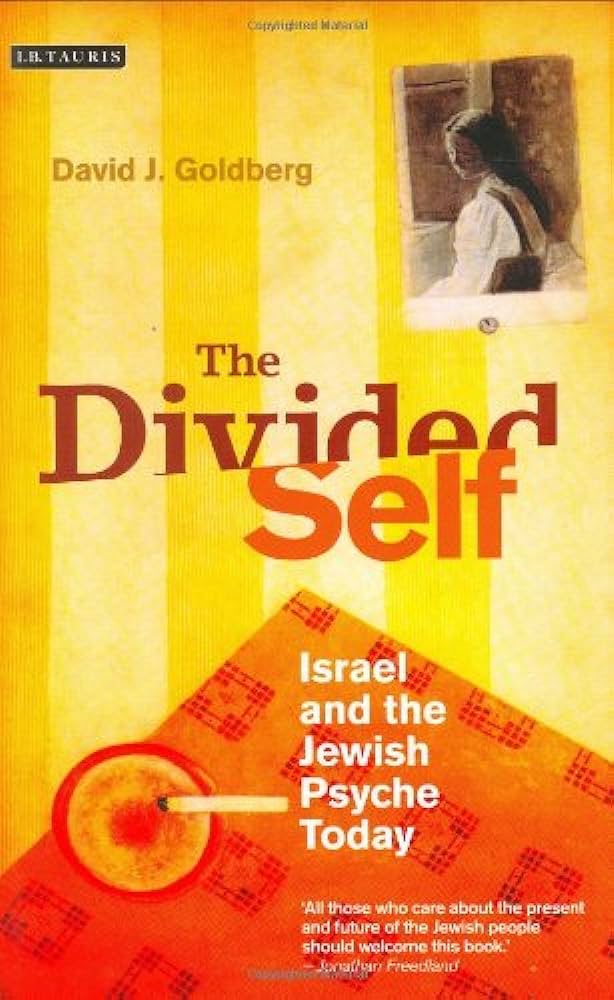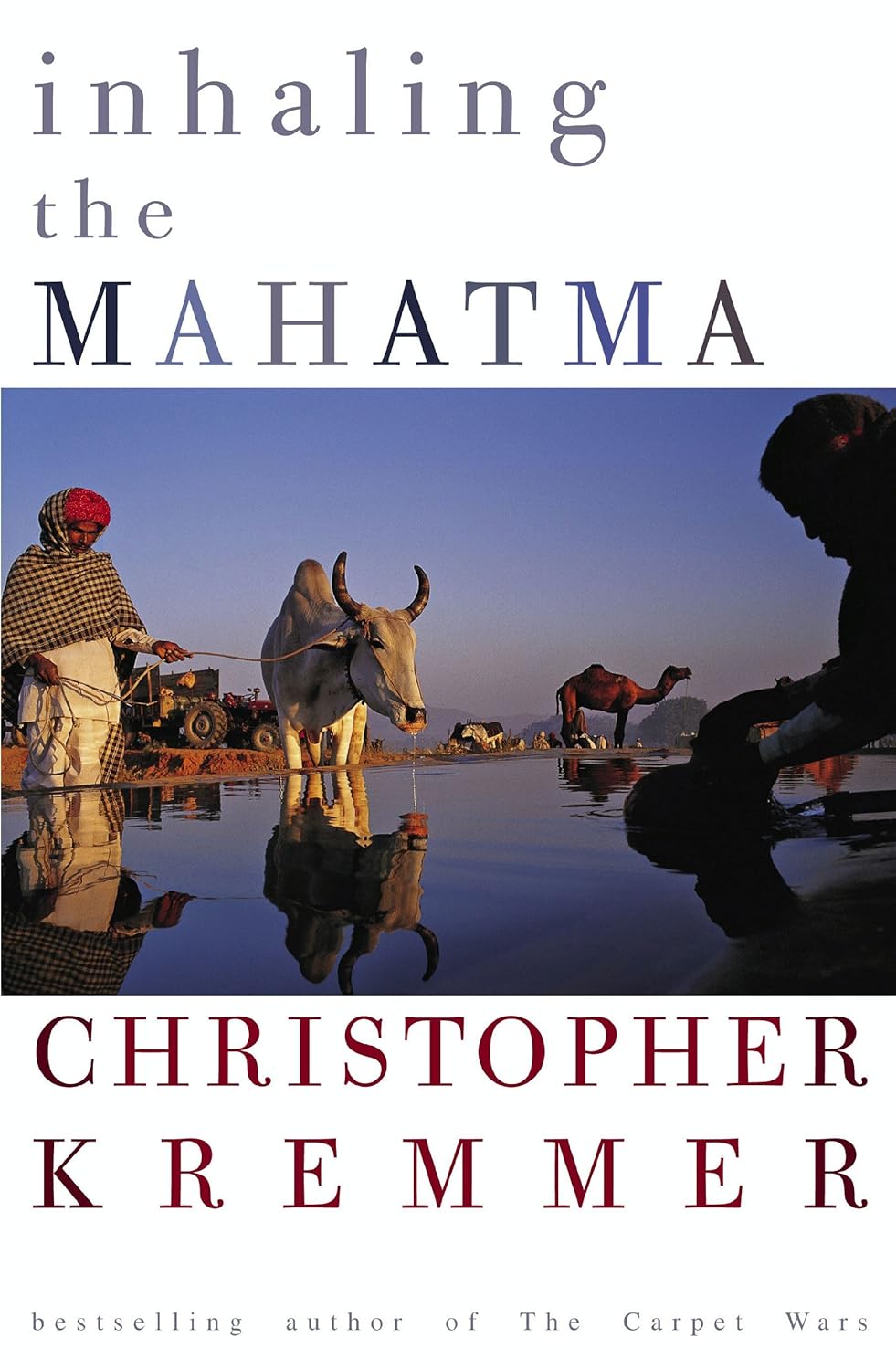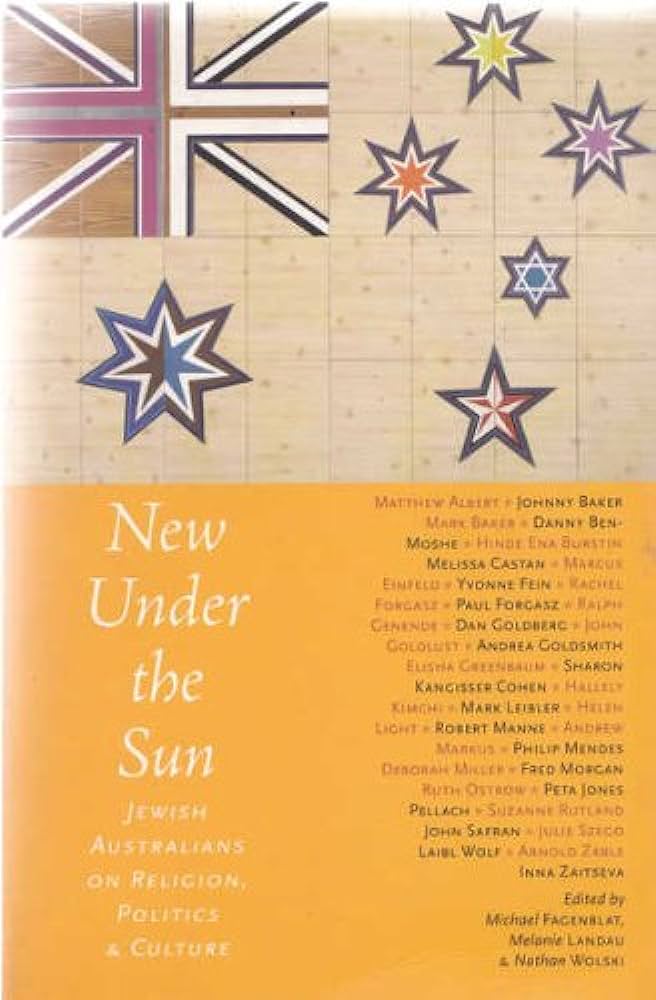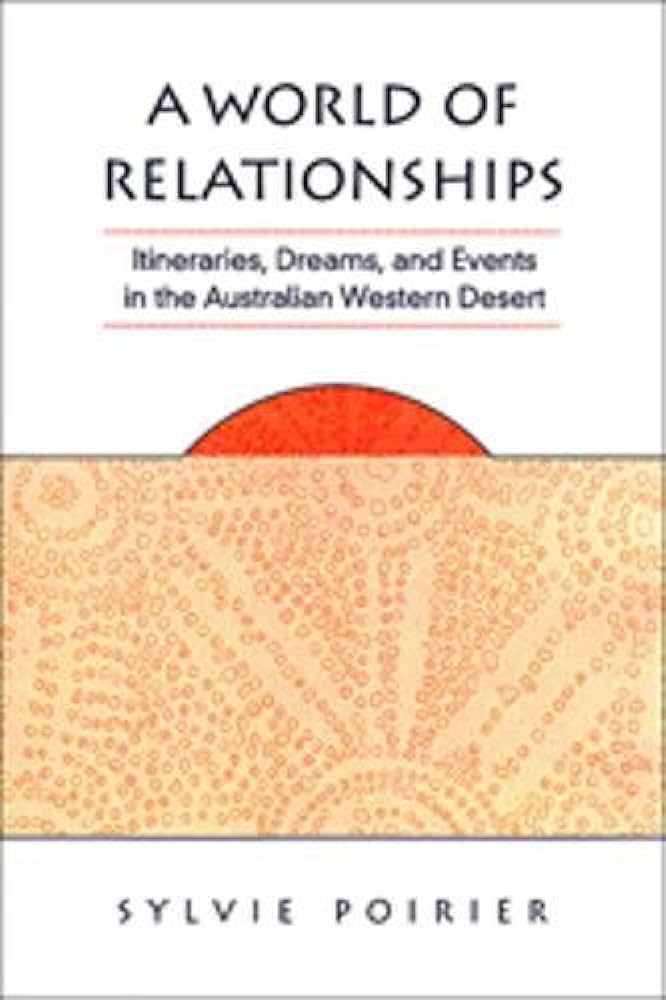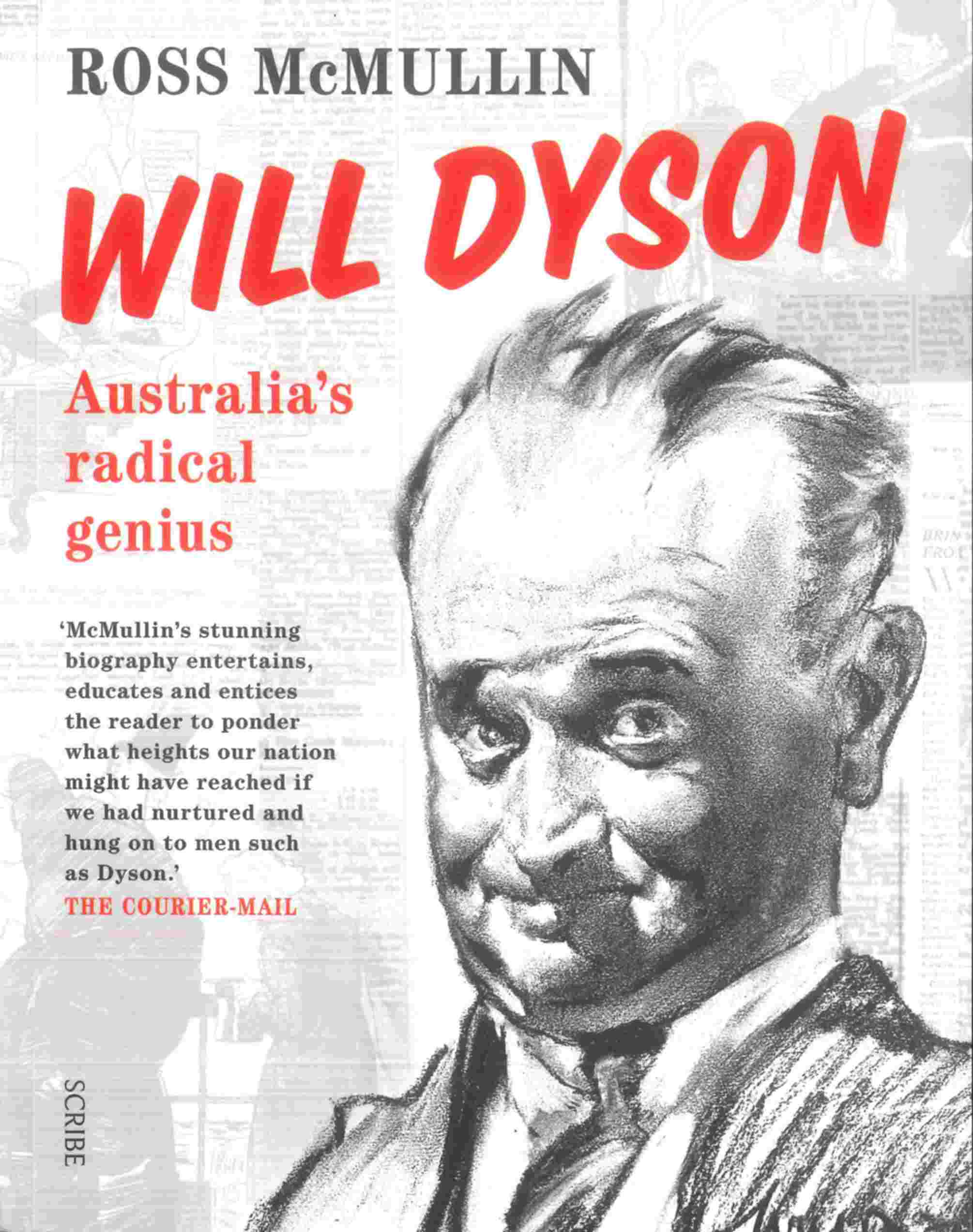Non Fiction
Humanities Research Centre: The history of the first 30 years of the HRC at the Australian National University by Glen St John Barclay and Caroline Turner
Glen St John Barclay and Caroline Turner’s Humanities Research Centre offers the first historical overview of this prestigious Australian National University-based institution. Their book is an extremely dense yet remarkably comprehensive and well-written homage to one of the key international sites of scholarly research in the humanities.
... (read more)At the Typeface: Selections from the newsletter of the Victorian society of editors by Janet Mackenzie
Sit down to read this book: it may give you a severe case of déjà vu. At the Typeface is an anthology of articles originally published in the Victorian Society of Editors’ newsletter between 1970 and early 2001 (since then the newsletters have been appearing online at www.socedvic.org). And, no surprises, the issues that trouble editors today have a long provenance: editors are underpaid and undervalued; marketing departments have more sway than editorial ones; publishers keep costs down by a reliance on freelancers; neophyte editors find it difficult to gain practical experience when there are few in-house positions.
... (read more)The Divided Self: Israel and the Jewish psyche today by David J. Goldberg
The story is told of how Theodor Herzl and Sigmund Freud once lived, unbeknown to each other, on the same street in Vienna. Thus did the lives of the father of modern political Zionism and the father of psychoanalysis, for one tantalising moment, almost intersect ... Herzl, a man of action in the wake of the Dreyfus Affair, who sought to transport Jews from the dangers of Diasporan life to the safety of a state all their own; and Freud, a thinker whose intellectual achievements were born of the Diasporan experience and who resolutely rejected the overtures of the Zionists to join them in Palestine. Herzl, who famously and passionately declared, ‘If you will, it is no dream’ – a motto adopted by the early Zionist movement – and Freud, who even more famously devised the tools for coolly interpreting dreams. This story, recounted in The Divided Self (and attributed to an Israeli ambassador to London in the 1980s), encapsulates the main purpose of David Goldberg’s spirited survey of the Jewish condition: namely, to defend the superiority of Diasporan Jewish life over its Zionist alternative.
... (read more)Foreign travellers in India face four inevitable questions. ‘What is your good name?’ is usually followed in rapid succession by ‘Where are you coming from?’(meaning from which country), ‘Are you married?’ and, finally, ‘What is your religion?’. Backpacking through India twenty years ago, the first three questions presented few problems. My name was easy, Australia was recognised as a cricket-playing country, and I was young enough for my lack of a wife to be passed over as a matter of only mild embarrassment. The fourth question however, proved tricky. Usually, I gave the technically correct answer that I had been baptised into the Anglican Church – a reply that generally satisfied my interlocutors and not infrequently led into rambling, good-natured discussions about the similarities between the world’s great faiths. Once, I ventured a more honest response. ‘I am an atheist,’ I told a couple of friendly young Indian men on a long train journey. ‘I do not believe in any God.’ Their shock was palpable. It was not so much my spiritual deficit that appalled them as my arrogance. How could anyone have the audacity to declare that God did not exist? Our conversation never recovered. In response to all future interrogations, I retreated to my dissembling line about Christianity. The experience did not shake my disbelief, but it did serve to engender a greater respect for the question. Religion, I belatedly realised, is an important matter.
... (read more)The Howard Factor edited by Nick Carter & The Longest Decade by George Megalogenis
The provenance of The Howard Factor – a collection of essays by senior writers from The Australian newspaper – is not promising. The Australian is after all part of Mark Latham’s ‘Evil Empire’, cheerleader rather than critic of the Howard government. Yet its sympathy for the régime stems not from partisanship but from the newspaper’s philosophy: neo-liberal in domestic matters, neo-conservative in foreign policy. Populist desertion of elements of the neo-liberal agenda has aroused the wrath of the newspaper: witness its condemnation of the government’s policy funk in early 2001, and of its recent surrender to Snowy River romanticism. Discord has been less in foreign policy, where both government and newspaper have been willing recruits to the ‘war on terror’. So slavish has become the newspaper’s adherence to America’s contemporary wars that it has even repudiated its quite heroic stance on the Vietnam War a generation ago.
... (read more)‘The very rich are different from you and me’, F. Scott Fitzgerald thought; and so he told Ernest Hemingway. Hemingway, who came back with a deflating reply, ‘Yes, they have more money’, boasted that he had won that little exchange. Yet Fitzgerald was right; and he proved it in The Great Gatsby and Tender is the Night. In the American novel more generally, money creates and defines character; as it does in Theodore Dreiser’s The Titan or Edith Wharton’s The Custom of the Country. Destructive though it may be in these novels, the making of a fortune is an expression of power and a source of drama.
... (read more)New Under the Sun: Jewish Australians on religion, politics and culture edited by Michael Fagenblat, Melanie Landau and Nathan Wolski
This significant anthology consists of thirty-three articles by Jewish Australian scholars, lawyers, writers, educators, rabbis, journalists and other high achievers, prefaced by a thoughtful and wide-ranging introduction by the editors. Many of the contributors are distinguished in their fields and prominent in public life. The editors have cast the volume from a ‘perspective of commitment and belonging’, with the conviction that ‘challenge and critique when offered by committed members rather than hostile outsiders is often the most useful form of reckoning with ourselves’. The disjunction is troubling (I think I may be a hostile insider), but its effect does not diminish the interest of the collection. The book’s focus is narrower than its subtitle suggests: these are not just passing reflections by some Jewish Australians: each contribution is centrally about some aspect of the religion, politics and culture of Jewish Australians. As such, it provides a useful and authoritative synopsis of the progress, state and thoughts of many Australian Jews today. No single essay sparkles brilliantly, and a few are alarmingly deficient in serious thought; nevertheless, this is a big, rich, diverse collection deserving of wide public attention.
... (read more)A World of Relationships: Itineraries, dreams, and events in the Australian Western Desert by Sylvie Poirier
We use the term ‘The Dreaming’ to refer to an Aboriginal way of thinking about their place in the universe; it is ‘a cosmology, an ancestral order, and a mytho-ritual structure’, in the words of Canadian anthropologist Sylvie Poirier. The Western Desert people with whom she lived for many months in the 1980s and 1990s (the Kukatja – though she acknowledges the difficulties of such labels) call it tjukurrpa, a term whose meanings include ‘story’. The stories are about the world- and knowledge-creating ancestral creatures. In the Kukatja world, as manifested in the Western Australian communities of Wirramanu, Mulan and Yagga Yagga, the more prominent stories are about Luurn (kingfisher), Wati Kutjarra (two initiated men), Kanaputa (digging stick women), Marlu (kangaroo), Karnti (yam) and Warnayarra (rainbow snake). When Kukatja narrate the travels of these creatures, they select segments in the itinerary that account for the narrator him or herself as a person who belongs to the places named in the story.
... (read more)Ross McMullin’s Will Dyson is a new edition of a book that first appeared twenty years ago. Over that time, the author has promoted his subject, according to the book’s subtitle, from ‘Cartoonist, Etcher and Australia’s Finest War Artist’ to ‘Australia’s Radical Genius’. ‘Genius’ is a strong word, and the new edition does not make a case for its use any more than the old one did. But Dyson is certainly an important, often unregarded, figure in the history of political cartooning. The story of this talented, likeable, thoroughly political man is well worth knowing on many fronts: as a saga of early Melbourne working-class bohemian culture, as an example of the invigorating effect on English political cartooning by antipodean artists in the early part of the twentieth century (the career of David Low shadows that of Dyson), and as an account of the way that World War I registered on a sensitive, and responsible, Australian imagination.
... (read more)Due to some clever product placement (James Bond and wife bashing) Diane Cilento’s Nine Lives have become public property, even before the reader picks up the book. We know it all: she is a member of a celebrated Australian family and made her reputation in some famous movies; she had three husbands, including two well-known ones; she set up a theatre commune in North Queensland. We even know from the gossip columns details that are not in the book: the farcical story of the last days of her third husband, the wonderful Tony Shaffer (worth a hundred Sean Connerys), his London mistress and the Shaffer inheritance. I flick through the book, notice the enthusiastic style, look at the not-quite-thrilling photographs, dip into the quite amusing anecdotes, and study the index in vain for the name Jo Jo Capece Minutolo, Tony’s mistress, whom everyone has been talking about. She has called the book ‘inappropriate’; Connery has called it ‘a crock of shit’.
... (read more)
